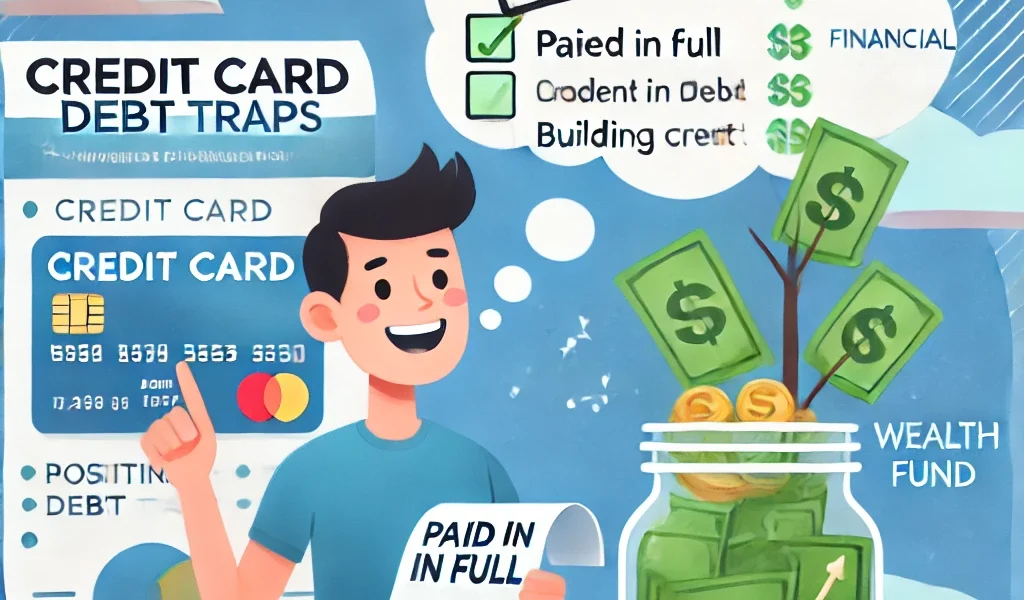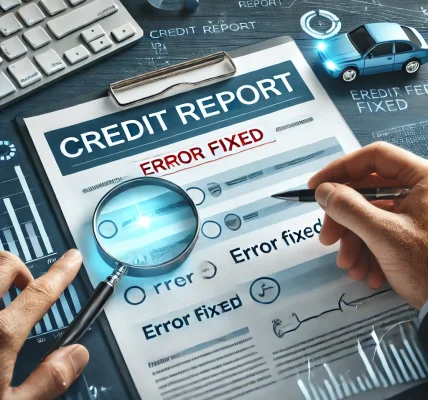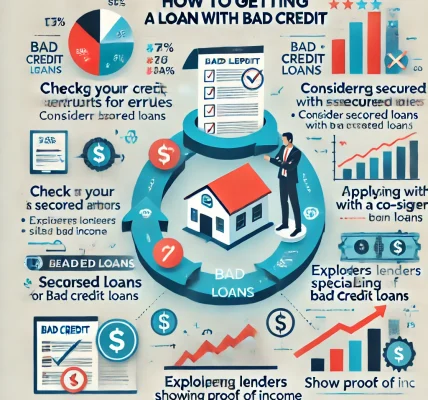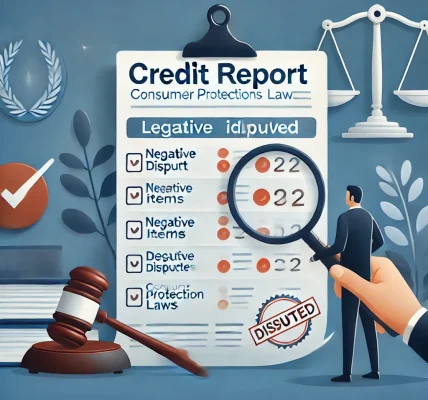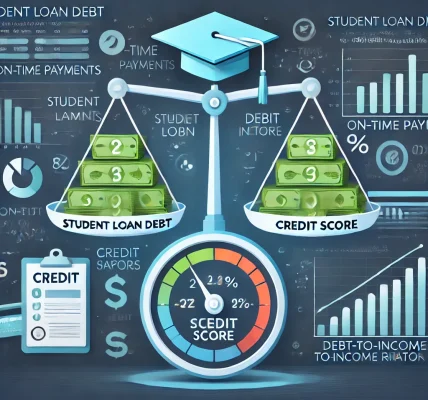Credit cards can be a powerful financial tool when used responsibly. However, they can also lead to debt traps that make it difficult to achieve financial stability. If you want to avoid falling into the cycle of credit card debt while also building long-term wealth, this DIY guide will help you understand the best practices and strategies to stay financially healthy.
Understanding Credit Card Debt Traps
Credit card debt traps occur when borrowers fall into patterns of high-interest debt that become difficult to manage. Common credit card debt traps include:
1. Minimum Payment Trap
- Paying only the minimum due amount keeps you in debt longer.
- Interest accrues on the remaining balance, making it harder to pay off.
2. High-Interest Rate Trap
- Credit cards often have interest rates between 15% and 30%.
- If unpaid, interest compounds, leading to substantial debt.
3. Balance Transfer Pitfalls
- Some balance transfer credit cards offer 0% APR for a limited time.
- If you fail to pay off the balance before the promotional period ends, you may face high-interest charges.
4. Overspending Temptation
- Easy access to credit leads to impulse purchases.
- Carrying a balance beyond your means results in long-term debt.
5. Hidden Fees and Charges
- Late payment fees, foreign transaction fees, and annual fees add to your financial burden.
- Missing payments can also result in penalty APRs, increasing interest rates significantly.
How to Avoid Credit Card Debt Traps
To stay financially secure and avoid credit card debt, follow these key strategies:
1. Stick to a Budget
- Track your income and expenses using budgeting apps.
- Set aside a specific amount for credit card spending.
- Ensure you can pay off the full balance each month.
2. Pay More Than the Minimum
- Always aim to pay the full statement balance.
- If unable, pay more than the minimum to reduce interest charges.
3. Use Credit Cards for Essential Expenses Only
- Avoid using credit cards for non-essential purchases.
- Treat your credit card like a debit card, ensuring you have the money before spending.
4. Take Advantage of Interest-Free Periods
- Pay your balance before the due date to avoid interest.
- Understand your credit card’s billing cycle to maximize interest-free days.
5. Choose the Right Credit Card
- Opt for cards with low interest rates and no annual fees.
- Look for cashback or rewards cards that align with your spending habits.
6. Set Up Automatic Payments
- Automate payments to avoid late fees and penalties.
- Ensure sufficient funds in your bank account to cover payments.
7. Avoid Cash Advances
- Cash advances come with high fees and immediate interest charges.
- Use an emergency fund instead of relying on cash advances.
8. Be Cautious with Balance Transfers
- If using a balance transfer, ensure you can pay off the debt before the 0% APR period ends.
- Check for balance transfer fees before applying.
9. Regularly Monitor Your Credit Report
- Check your credit score and credit report regularly.
- Dispute any inaccuracies that could harm your financial standing.
How to Build Wealth While Using Credit Cards Responsibly
Building wealth requires a disciplined approach to money management. Follow these steps to make the most of credit cards while growing your financial future:
1. Earn Rewards and Cashback Wisely
- Use cashback or travel rewards cards for planned purchases.
- Avoid redeeming points on unnecessary purchases.
2. Invest the Money You Save on Interest
- By avoiding high-interest credit card debt, allocate savings towards investments such as:
- Stocks and ETFs
- Retirement Accounts (401(k), IRA)
- Real Estate
- High-Yield Savings Accounts
3. Build an Emergency Fund
- Save 3-6 months’ worth of expenses to avoid relying on credit in emergencies.
- Keep your emergency fund in an easily accessible account.
4. Improve Your Credit Score for Better Financial Opportunities
- A high credit score qualifies you for lower interest rates on loans and mortgages.
- Pay bills on time, keep credit utilization low, and maintain a long credit history.
5. Develop Multiple Income Streams
- Consider side hustles, freelancing, or investing to generate extra income.
- More income helps you avoid debt and build wealth faster.
Final Thoughts
Credit cards can either be a tool for financial success or a trap leading to long-term debt. By understanding the risks of credit card debt and following responsible financial habits, you can avoid falling into debt traps while leveraging credit to build wealth.
Key Takeaways:
✅ Pay off your credit card balance in full each month. ✅ Avoid unnecessary credit card debt and hidden fees. ✅ Use credit card rewards strategically. ✅ Build an emergency fund to avoid reliance on credit. ✅ Invest wisely to grow your wealth over time.
